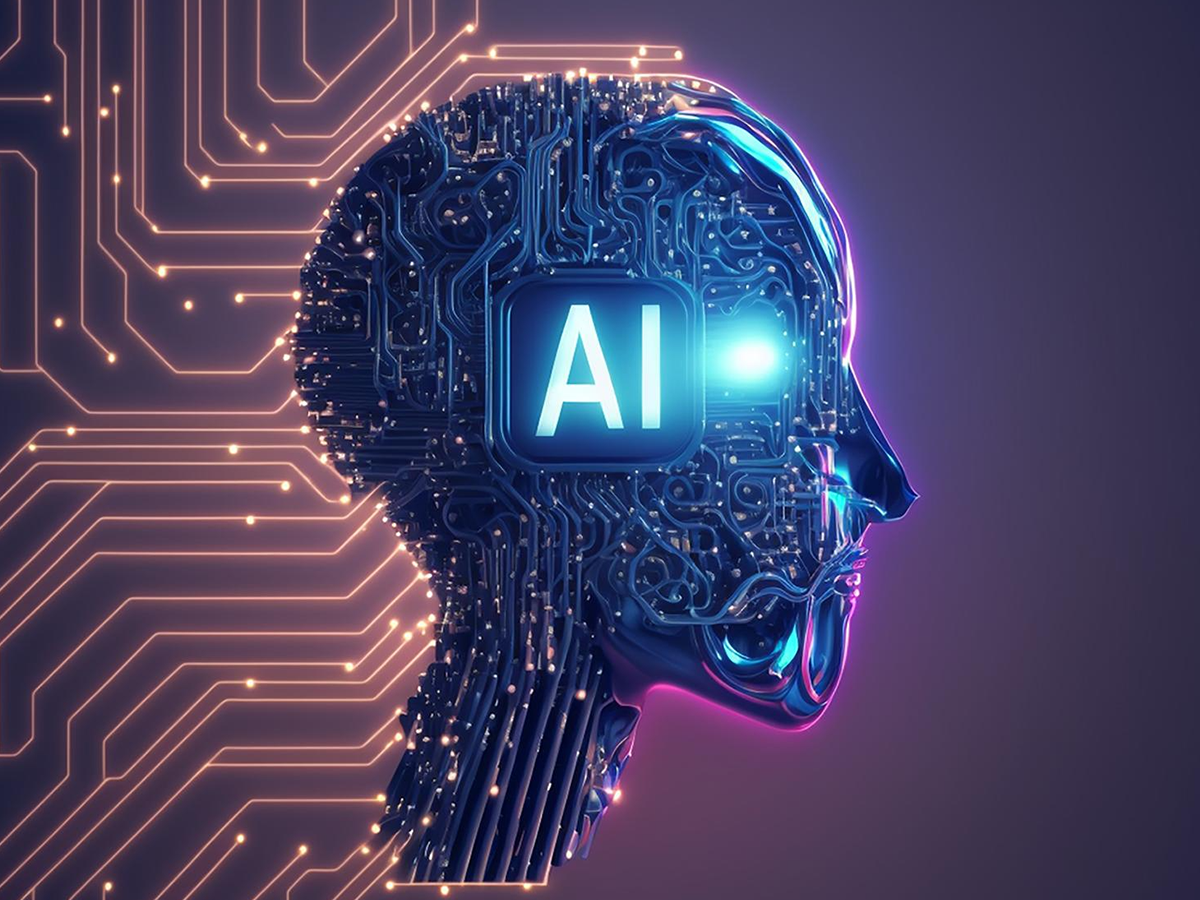Artificial intelligence Transformation: Our Next Phase 2023

Artificial intelligence Transformation: Our Next Phase 2023
In today’s rapidly evolving technological landscape, artificial intelligence (AI) has emerged as a transformative force that is reshaping industries and revolutionizing the way we live and work. The adoption of AI technologies is no longer a matter of choice but a necessity for organizations looking to stay competitive and relevant
Artificial intelligence refers to the simulation of human intelligence processes by machines, particularly computer systems.
These processes include learning, reasoning, problem-solving, perception, and language understanding. AI technologies encompass a broad spectrum, ranging from machine learning and deep learning to natural language processing and computer vision.
The AI revolution began decades ago, with early attempts to create intelligent systems. However, it was only in recent years that AI gained significant momentum due to the convergence of several factors.
The digital age has generated an unprecedented volume of data, which serves as the fuel for AI algorithms. With vast datasets available, AI systems can learn and make predictions with remarkable accuracy.
Breakthroughs in machine learning, particularly deep learning, have led to the development of sophisticated AI models capable of processing and analyzing complex data patterns.
Modern hardware, such as graphical processing units (GPUs) and cloud computing, provides the necessary computational power to train and deploy AI models effectively.

As the benefits of AI became evident, businesses across industries started incorporating AI into their operations, leading to increased investment and research in the field.
Companies are using AI to optimize operations, enhance customer experiences, and make data-driven decisions. Chatbots, recommendation engines, and predictive analytics are just a few examples of AI applications in the business world.
AI is revolutionizing healthcare through early disease detection, drug discovery, and personalized treatment plans. AI-driven medical imaging and diagnostic tools are improving patient care and outcomes.The financial industry employs AI for fraud detection, algorithmic trading, and risk management. AI-powered chatbots and virtual financial advisors are changing how consumers interact with financial institutions.
Self-driving cars and AI-driven traffic management systems are reshaping the future of transportation, making it safer and more efficient.AI-powered tutoring systems and personalized learning platforms are transforming education by adapting to individual student needs and improving learning outcomes.

Organizations that embrace AI transformation gain a significant competitive advantage. They can automate repetitive tasks, make faster and more informed decisions, and innovate in ways that were previously unimaginable.
AI can streamline processes, reduce operational costs, and enhance productivity. This allows businesses to allocate resources more effectively and focus on strategic initiatives.
AI enables hyper-personalization, whether in marketing, healthcare, or education. Tailoring products and services to individual preferences and needs leads to higher customer satisfaction and loyalty.

AI is accelerating scientific research by processing and analyzing vast datasets, leading to breakthroughs in fields like genomics, climate modeling, and drug discovery.AI has the potential to address some of society’s most pressing challenges, from healthcare disparities to environmental sustainability. It can contribute to a more equitable and sustainable future.
AI raises ethical questions related to bias in algorithms, data privacy, and job displacement. Addressing these concerns is crucial for responsible AI adoption.The demand for AI expertise outpaces the supply of skilled professionals. Organizations need to invest in workforce development and training to bridge this gap.
Governments and regulatory bodies are developing frameworks to govern AI use. Businesses must navigate evolving regulatory landscapes.The increasing reliance on AI requires robust data security measures to protect sensitive information from cyber threats.
AI transformation is not merely a buzzword but a fundamental shift that is reshaping industries and society as a whole. Its potential to drive innovation, enhance efficiency, and improve the quality of life is undeniable.

However, to fully realize these benefits, organizations must navigate the challenges and ethical considerations associated with AI adoption.
As we enter this next phase of AI transformation, collaboration, innovation, and responsible AI practices will be key to harnessing its full potential for the betterment of humanity.





